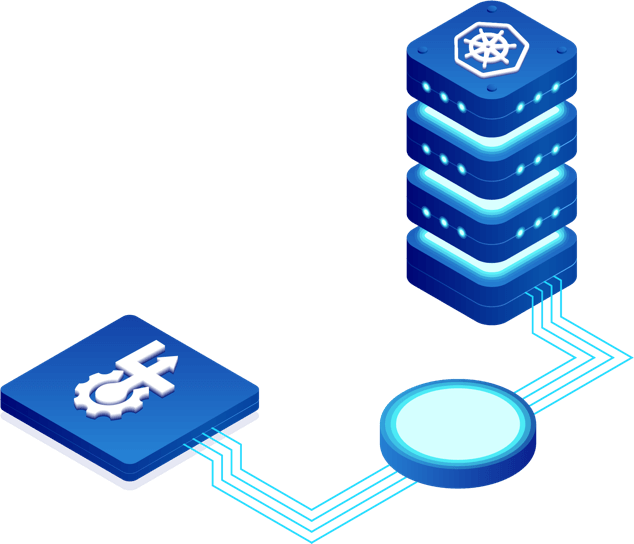Korifi by Cloud Foundry
Korifi aims to delight developers and operators with a highly efficient, modern model for cloud-native application delivery and management on Kubernetes. It is purpose-built to serve as a means to deploy and manage applications on Kubernetes while providing automated networking, security, availability, and much more. Finally, the simplicity of cf push is now available on Kubernetes!
